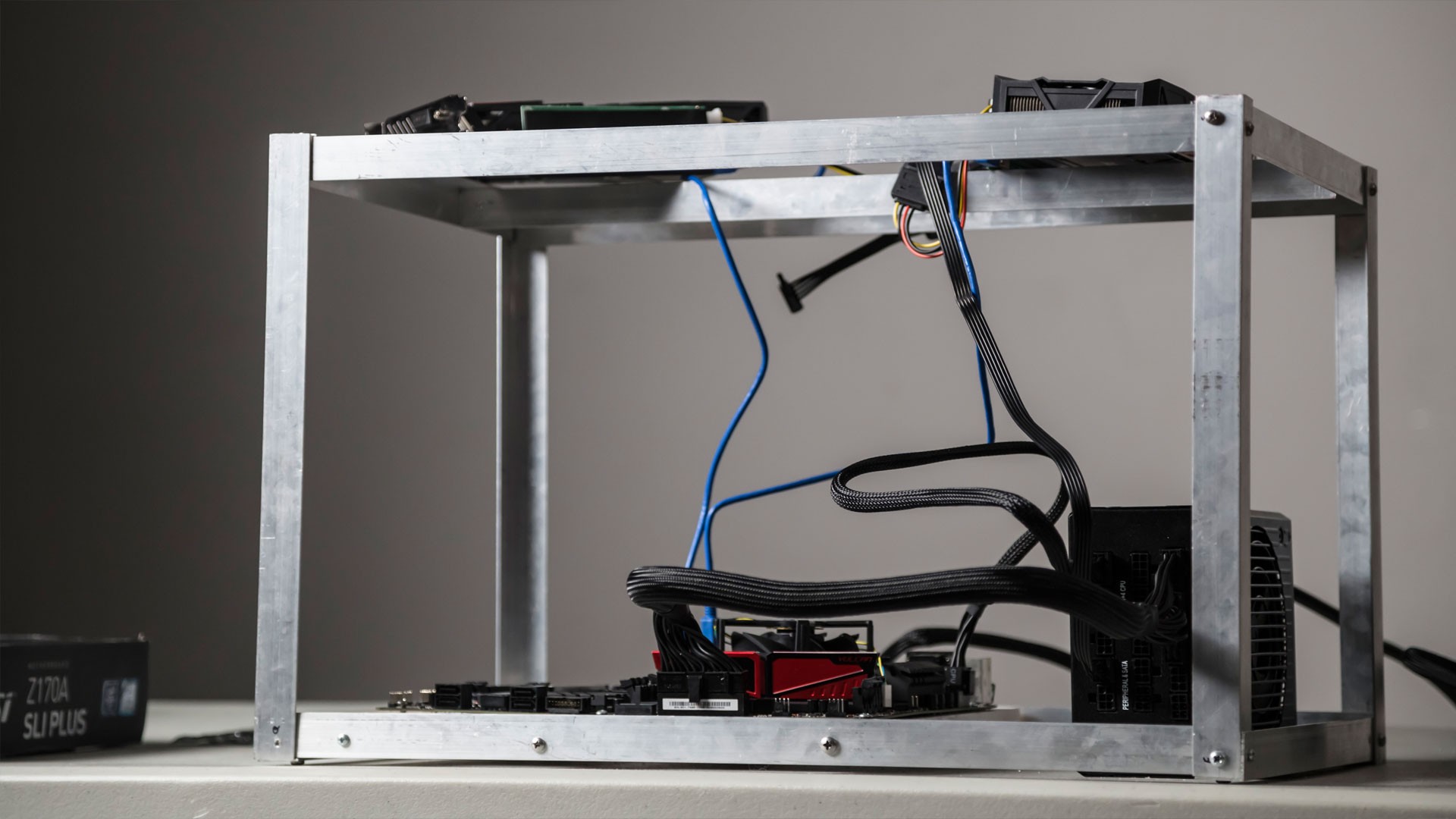Wikimedia Commons
On Saturday—just two weeks after a top Russian banking authority hinted that Bitcoin exchanges would be banned in the country—Russian President Vladmir Putin released five Presidential orders related to the regulation of cryptocurrencies and blockchain technology.According to a Google translation of orders, Putin has tasked the Russian government with determining how cryptocurrencies like Bitcoin, the smart contract technology used by the Ethereum network, and the tokens released during Initial Coin Offerings (which are basically crowdfunding mechanisms for blockchain companies) fit into the broader Russian financial regulatory framework by next July.Putin's orders also require legislators to set up a framework for registering miners—the people running the computers that form the backbone of a cryptocurrency network—so that the Russian government can effectively tax them. Moreover, Putin has tasked Dmitry Medvedev, the Russian Prime Minister, and Elvira Nabiullina, the head of the Central Bank of Russia, with figuring out how to regulate token sales during ICOs in the same way as securities sold during Initial Public Offerings (when a company sells shares of its stock to raise capital).Putin also called for proposals for a special regulatory platform known as a "sandbox"—where blockchain developers can basically demonstrate new technologies or applications to the Bank of Russia so they can be regulated appropriately—before the end of the year. Similar sandbox legislation for blockchain tech has been implemented in the UK.The final order released by Putin this weekend called for the "formation of a single payment space for the member states of the Eurasian Economic Union with the use of new financial technologies, including the technology of distributed registries" by next March. This may be a nod toward the adoption of national cryptocurrencies in EEC countries (Armenia, Belarus, Kazakhstan, and Kyrgyzstan). Russia is allegedly pursuing its own national cryptocurrency, the CryptoRuble, and on Monday Kazakhstan announced the country would also be creating its own national cryptocurrency.Putin's decree comes after weeks of conflicting statements from the upper tiers of the Russian government about the future of cryptocurrencies in the country. In June, Putin reportedly told Ethereum's creator Vitalik Buterin in a "brief conversation" that he "supported the idea of establishing ties with possible Russian partners" with regards to the cryptocurrency. In September, the Russian finance minister said there was "no point" in prohibiting cryptocurrencies and vowed to create a regulatory framework by the end of the year. Later that month, Russia's deputy finance minister said he expected regulations that would outlaw Bitcoin as a payment option in the country. Then earlier this month, Sergei Shvetsov, the deputy governor of the country's central bank, said he would work to block websites related to Bitcoin in Russia.Putin's announcement comes amidst a global wave of regulatory crackdowns on the Wild West that is the cryptosphere. In the past few months, South Korea, China, the United States and now Russia—arguably the four largest cryptocurrency markets in the world—have all announced new financial policies related to cryptocurrencies like Bitcoin and Ethereum.
In June, Putin reportedly told Ethereum's creator Vitalik Buterin in a "brief conversation" that he "supported the idea of establishing ties with possible Russian partners" with regards to the cryptocurrency. In September, the Russian finance minister said there was "no point" in prohibiting cryptocurrencies and vowed to create a regulatory framework by the end of the year. Later that month, Russia's deputy finance minister said he expected regulations that would outlaw Bitcoin as a payment option in the country. Then earlier this month, Sergei Shvetsov, the deputy governor of the country's central bank, said he would work to block websites related to Bitcoin in Russia.Putin's announcement comes amidst a global wave of regulatory crackdowns on the Wild West that is the cryptosphere. In the past few months, South Korea, China, the United States and now Russia—arguably the four largest cryptocurrency markets in the world—have all announced new financial policies related to cryptocurrencies like Bitcoin and Ethereum.
Advertisement
Advertisement

National regulations have been proposed as mechanisms to ostensibly reduce scams and crime facilitated by cryptocurrencies, but in the case of Russia it may be tied up in the country's alleged plans to launch a national cryptocurrency.The future of crypto assets under these new national regulation schemes is uncertain, but with the creation of tokens like FUCK, Goatse, or Burger King's own WhopperCoin, maybe a little regulation to at least slow their proliferation is for the best.Get six of our favorite Motherboard stories every day by signing up for our newsletter .Read More: The Motherboard Bitcoin and Ethereum Primer
